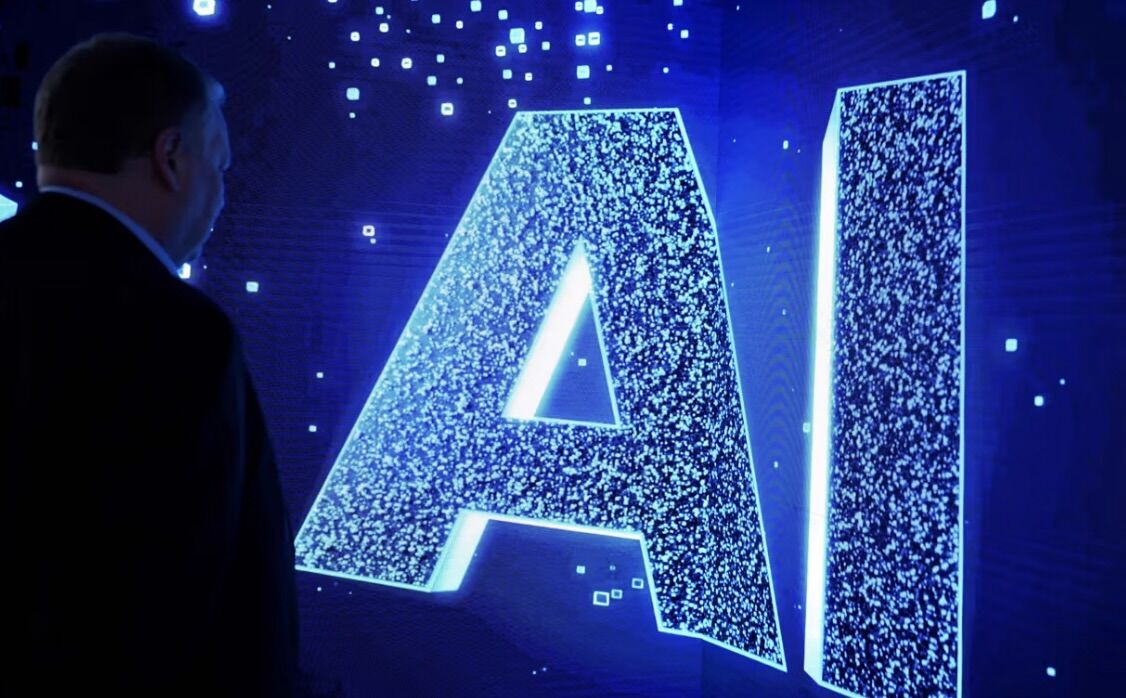Supreme Court Denies AI Same Status as Humans in Patent Ruling
The UK's Supreme Court ruled against granting artificial intelligence the same status as humans in patents, sparking debates about the need for policy changes to address AI's evolving capabilities.
In a landmark decision, the UK's Supreme Court ruled in favor of denying artificial intelligence systems the same status as humans in the context of patents. This crucial ruling came after a long-running legal battle by American technologist Stephen Thaler, who sought to have his AI named DABUS recognized as the inventor of two patents. Thaler's request was rejected by the UK's Intellectual Property Office and subsequently appealed to the Supreme Court, which unanimously dismissed the case. The judges emphasized that under the current law, an inventor must be a person, not a machine.
An AI machine is not a person, let alone a natural person, and it did not devise any relevant invention. Accordingly, it is not and never was an “inventor” for the purposes of section 7 or 13 of the Patents Act 1977. Supreme Court upholds Court of Appeal decision. #AI https://t.co/ihpJ0E6hmR
— ElliottDuffyGarrett (@edglegal) December 20, 2023
This ruling reflects the outdated nature of current laws in keeping up with the rapid advancements in technology, particularly in the field of artificial intelligence. Legal experts believe that policymakers should consider updating policies to account for the incredible developments made by AI systems. The decision has sparked discussions about the potential expansion of the term "inventor" to include machines powered by AI that can generate new and groundbreaking products and processes.
While the Supreme Court's decision underscores the limitations of current laws, it also raises questions about the need for policy changes to address the evolving capabilities of AI systems and their potential to produce innovative and non-obvious inventions with minimal human input. As AI systems continue to advance in sophistication and capability, there is a growing realization of their ability to generate new and inventive products and processes. While change may be on the horizon, it is likely to come from policymakers rather than the judiciary, as laws struggle to keep pace with technology.




